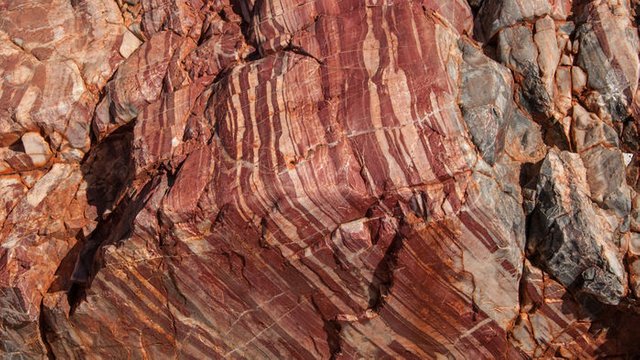Life may have originated on Earth 4 billion years ago....
In 1992, researchers discovered evidence of what was then potentially the earliest life on Earth: 3.5-billion-year-old microscopic squiggles encased in Australian rocks. Since then, however, scientists have debated whether these imprints truly represent ancient microorganisms, and even if they do, whether they’re really that old. Now, a comprehensive analysis of these microfossils suggests that these formations do indeed represent ancient microbes, ones potentially so complex that life on our planet must have originated some 500 million years earlier.
The new work indicates these early microorganisms were surprisingly sophisticated, capable of photosynthesis and of using other chemical processes to get energy, says Birger Rasmussen, a geobiologist at Curtin University in Perth, Australia, who was not involved with the work. The study “will probably touch off a flurry of new research into these rocks as other researchers look for data that either support or disprove this new assertion,” adds Alison Olcott Marshall, a geobiologist at the University of Kansas in Lawrence who was not involved in the effort.

In the new study, William Schopf, a paleobiologist at the University of California, Los Angeles—and the discoverer of the Australian microfossils—teamed up with John Valley, a geoscientist at the University of Wisconsin in Madison. Valley is an expert in an analytical technique called secondary ion mass spectrometry (SIMS), which can determine the ratio of different forms of carbon in a sample—key to gauging whether it’s organic.